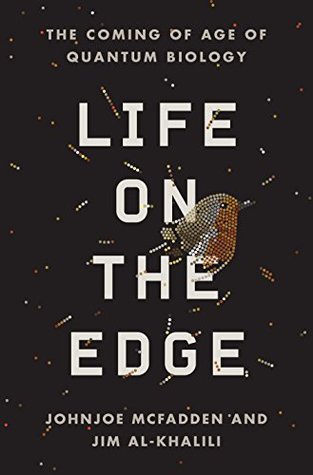More on this book
Community
Kindle Notes & Highlights
Read between
June 23 - July 17, 2019
The ancient idea that all living creatures were animated by some kind of supernatural substance or entity did at least provide some kind of explanation for the remarkable differences between the living and the nonliving. Life was different because it was moved by a spiritual soul rather than by any of those mundane mechanical forces.
The ancient idea that all living creatures were animated by some kind of supernatural substance or entity did at least provide some kind of explanation for the remarkable differences between the living and the nonliving. Life was different because it was moved by a spiritual soul rather than by any of those mundane mechanical forces.
Our billiard table can be said to be harvesting energy from high-entropy (chaotic) collisions to maintain part of itself, the triangle of balls in the middle, in a low-entropy (ordered) state.
Our billiard table can be said to be harvesting energy from high-entropy (chaotic) collisions to maintain part of itself, the triangle of balls in the middle, in a low-entropy (ordered) state.
Life is different. No one has ever discovered a condition that favors the direction: dead cell → live cell. This was of course the puzzle that prompted our ancestors to come up with the idea of a soul.
Life is different. No one has ever discovered a condition that favors the direction: dead cell → live cell. This was of course the puzzle that prompted our ancestors to come up with the idea of a soul.


